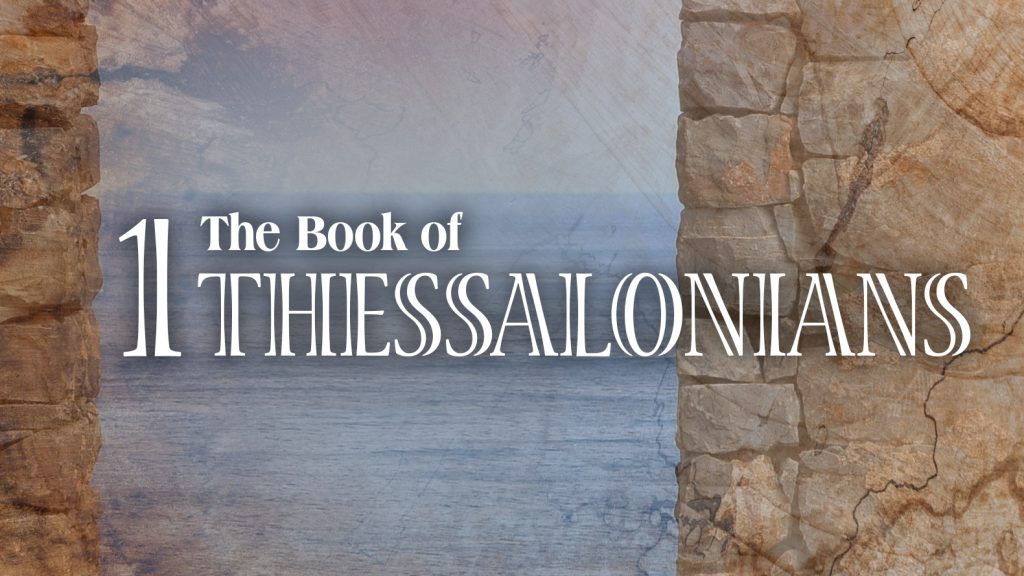This week we are gathering to discuss 1 Thessalonians 2. Within this chapter, Paul recounts his ministry with this congregation. He begins this remembrance with an apologetic of his authority and character. We can see Paul’s other defenses of his ministry in Galatians 1-2 and 1 Corinthians 1-2. Unlike in these later letters, however, Paul isn’t defending his authority and teaching against Jews but against Greeks. In this defense, Paul borrows heavily from the prevailing Greek philosophical schools to justify his authority. In one of his orations, Dio Chrysostom, a Cynic philosopher who wrote a few decades after Paul, stated that the ideal philosopher should 1) speak without guile, 2) not for the sake of glory or gain, 3) in opposition to flatters who speak only to please their hearer, and 4) by the will of some deity. Discourse 32. These are the exact same points Paul makes in verses 3-6. I have attached a comparison of the relevant excerpts from Dio Chrysostom and Paul. Additionally, in verse 7, Paul uses the image of a nursemaid caring for her children to describe his relationship with the congregation. This image was common among contemporary philosophers such as Dio Chrysostom and Plutarch. With the philosophers as well as with Paul, the purpose of setting forth one’s authority and relationship with the audience is to then move into exhortation and gentle admonishment of the audience. Paul uses the terminology and imagery of the Greek culture of his audience to tell them of Christ. I have attached an excerpt from Abraham Malherbe’s Paul and the Popular Philosophers on this matter for your review. pp.35-48
Another interesting discussion of the ideal philosopher is found in the Discourses of Epictetus, Book III, chapter xxii, On the Calling of a Cynic. If you have the opportunity and inclination, I encourage you to read through this teaching. Epictetus was a Stoic philosopher who taught in Rome in the late first century (and therefore may have been in Rome with Paul). Within this chapter, you will find, Epictetus (unintentionally) describing Jesus. Epictetus writes “Lo, God has sent you one who shall show indeed that it is possible. ‘Look at me, I have no house or city, property or slave: I sleep on the ground, I have no wife or children, no miserable palace, but only earth and sky and one poor cloak. Yet what do I lack? Am I not quit of pain and fear, am I not free? When have any of you ever seen me failing to get what I will to get, or falling into what I will to avoid? When did I blame God or man, when did I accuse any? Has any of you seen me with a gloomy face? How do I meet those of whom you stand in fear and awe? Do I not meet them as slaves? Who that sees me but thinks that he sees his king and master?’ . . . Think it over more carefully, know yourself, inquire of heaven, attempt not the task without God. If He advises you, know that He wishes you to become great or to receive many stripes. For this too is a very fine strand woven into the Cynic’s lot: he must suffer strokes like an ass and love the very men that strike him as though he were the father or brother of all.”
These outside readings won’t be discussed on Tuesday, but hopefully provide a background to Paul’s writings. I have also attached Wright’s discussion of chapter 2 in Paul for Everyone, which is bit lighter.
Dinner is at 6. The menu is chicken potato casserole. Discussion about 6:45. Hope to see you here.
God has revealed to us through the Spirit. For the Spirit searches everything, even the depths of God. For what person knows a man’s thoughts except the spirit of the man which is in him? So also no one comprehends the thoughts of God except the Spirit of God. Now we have received not the spirit of the world, but the Spirit which is from God, that we might understand the gifts bestowed on us by God. And we impart this in words not taught by human wisdom but taught by the Spirit, interpreting spiritual truths to those who possess the Spirit.
1 Corinthians 2:10-13

